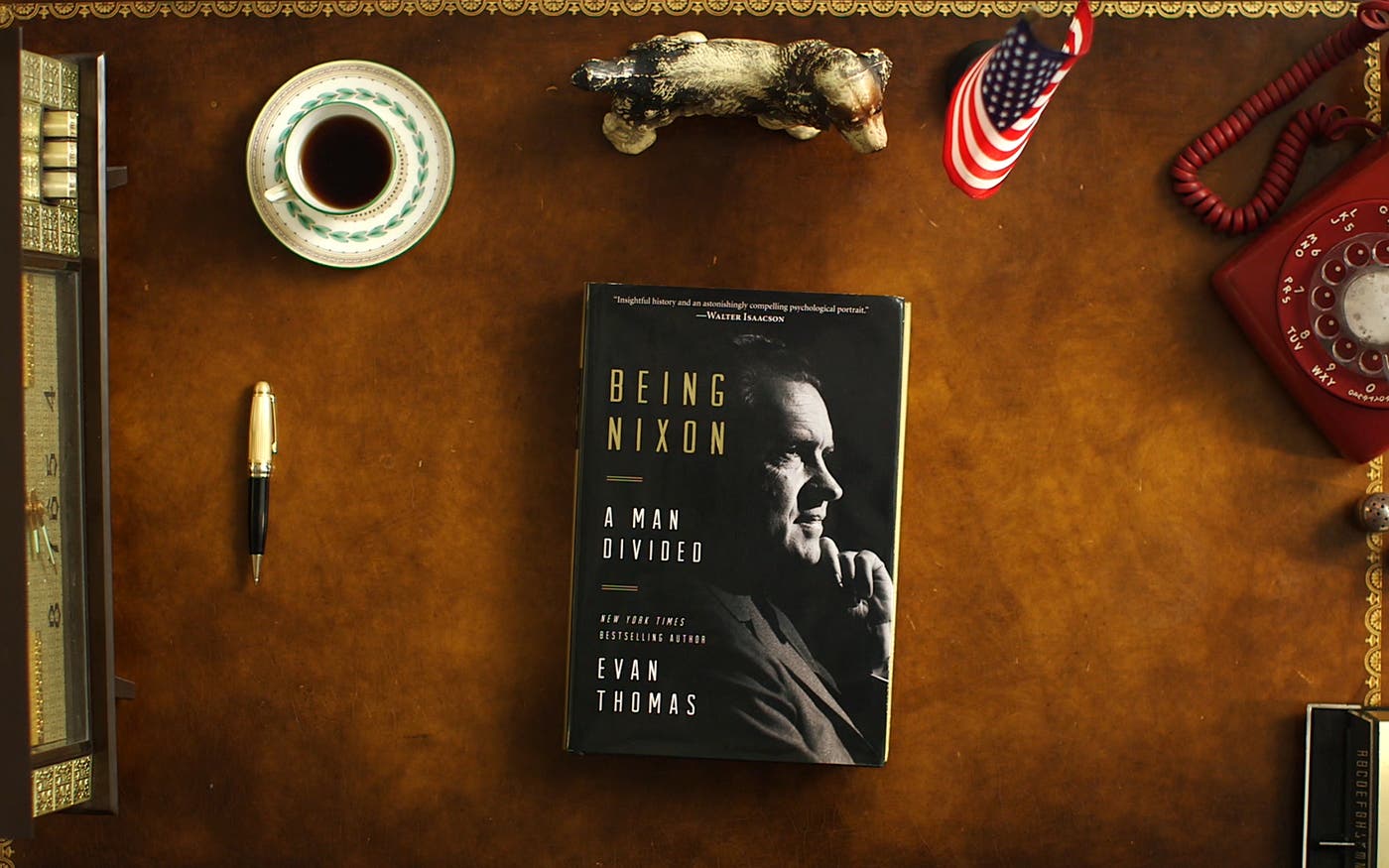
Nixon’s Life
A balanced biography
Being Nixon explores the different sides of a complicated man.

It should go without saying: People are complicated. Yet I’m surprised by the number of biographies I read that paint their subjects in black-and-white terms. A classic example is former U.S. president Richard Nixon, who is too often portrayed as little more than a crook and a war monger.
So it was refreshing to see a more balanced account in Being Nixon, by author and journalist Evan Thomas. I wouldn’t call it a sympathetic portrait—in many ways, Nixon was a deeply unsympathetic person—but it is an empathetic one.
Rather than just focusing on Nixon’s presidency, Thomas takes a cradle-to-the-grave approach. You follow along as Nixon goes from being a lawyer to U.S. Congressman to Senator to Vice President by the age of 40. He loses a presidential campaign in 1960, vows to leave politics forever after a failed bid for California governor, gets back into politics and wins the presidency six years later, is re-elected by a then-record landslide, and is forced to resign in 1974. And even then his story isn’t over.
Along the way, Thomas gives you smart insights into Nixon’s character. You learn about his hard-scrabble upbringing, and how the social slights he experienced as a child put a chip on his shoulder that would last the rest of his life. He suspected that many of Washington D.C.’s elites looked down on him, and he was right. He railed against Ivy Leaguers, insisting that they would never serve in his White House, and then proceeded to fill his team with Harvard and Yale graduates. He was socially awkward—painfully so—but he took on the most public career imaginable.
Thomas doesn’t ignore Nixon’s worst decisions, including the secret bombing of Cambodia during the Vietnam War, his support for a military coup in Chile, and his complicity in covering up the Watergate burglary. Nor does he look past Nixon’s worst personal qualities, like his petty vindictiveness, racist outbursts, and willingness to ignore the law when it suited him.
I was a little surprised to learn what a bad manager Nixon was. Although it doesn’t compare to his other failings, Nixon’s management style offers some good reminders of how not to run a team. He avoided conflict at all costs. His staff frequently left meetings with diametrically opposed views on what he had just asked them to do. Or he would be crystal-clear about what he wanted, while actually expecting his staff to ignore his demands. His team wisely blew off his repeated orders to break into the Brookings Institution, a Washington think tank, and steal a document that might be damaging to him.
But the book doesn’t get overwhelmed by Nixon’s dark side. Thomas gives you a sense of the man’s positive qualities; he could be tender and even sentimental towards his family, and he believed that government really could help people improve their lives. The book spends ample time on the positive things Nixon accomplished, like détente with China and the Soviet Union, and a domestic agenda that included creating the Environmental Protection Agency and proposing major health-care reforms.
As Thomas concludes in the book’s final passage: “Nixon was no saint. But the fears and insecurities that led him into sinfulness also gave him the drive to push past self-doubt, to pretend to be cheerful, to dare to be brave, to see, often though sadly not always, the light in the dark.”
All in all, Being Nixon is a balanced book that doesn’t try to convince you that Nixon was all good or all bad. It’s a worthwhile read for anyone who is interested in this brilliant, conflicted, and complicated man.


